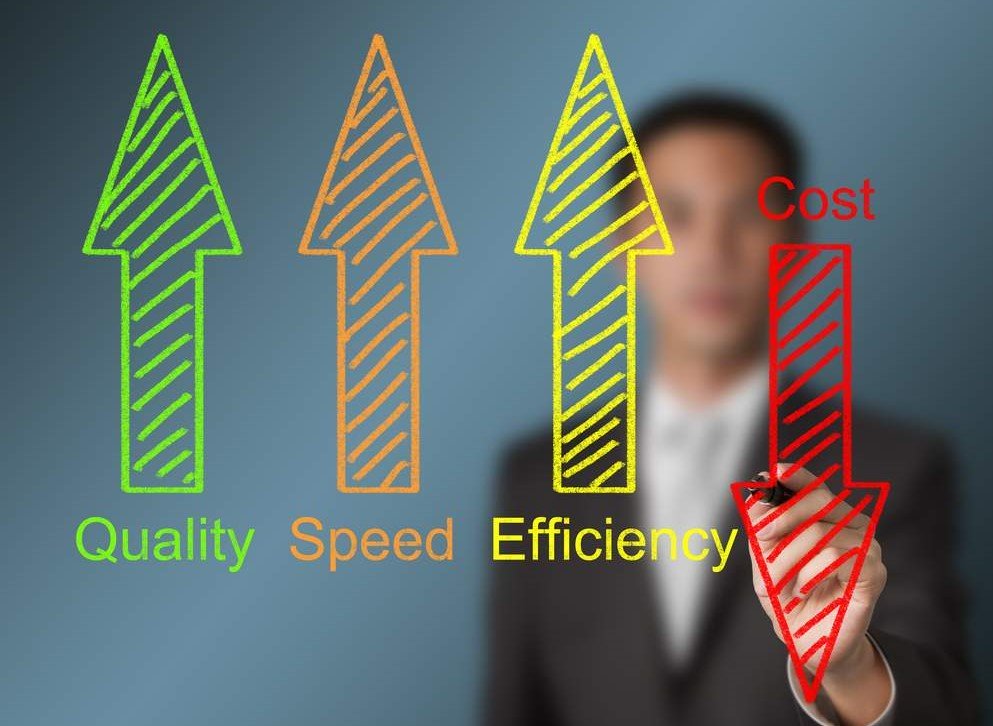 By Danh Nguyen, KorumLegal
By Danh Nguyen, KorumLegal
Everyone seems to be familiar with the term ‘financial services’. But whenever I mention ‘payments’ or ‘payment services’, I usually get a blank stare. Not many people know or understand what it entails. This extends to many legal practitioners and law firms. This is because it has traditionally been neglected or underserviced as an area of the law and as a subset of more general banking and financial services. There aren’t many dedicated practitioners specialising in this area of the law. This is out of step with how payments have quickly evolved to become a hotspot of commercial and fintech activity in recent times.
In addition to some of the more traditional players such as the high street banks and credit card companies such as MasterCard and Visa, global remittance players such as Western Union, MoneyGram International, PayPal, among others, new players are constantly emerging. These include Monzo, AirWallex, TransferWise, WorldRemit, Remitly, TransferGo, Ozzie Forex, Paybase, Azimo… the list goes on. The amount and level of innovation in this space continues to amaze me and hundreds of millions of dollars are being poured into these companies by astute investors.
Like any other financial services company, payment services providers (PSPs) operate within a highly complex and challenging legal and regulatory environment. Requirements and expectations of regulators continue to heighten — this has only accelerated since the global financial crisis. Prior to the crisis, payments companies could fly under the radar of the regulators; not anymore. Today, payments is a core area of focus for many regulators around the world. They include central banks and other financial services regulators, such as the FCA in the UK, the FSC in Japan, AUSTRAC in Australia. They expect participants to not only have robust compliance, other governance frameworks and controls, but to also take active steps to enforce these requirements.
So, what do we mean by ‘payments’? At its simplest, a payment service is any service provided by a financial institution to allow a person or an organisation (eg, a business) to pay another for a product or service. In turn, a PSP offers merchants online services for accepting electronic payments by a variety of payment methods including credit card, bank-based payments such as direct debit, bank transfer, and real-time bank transfer based on online banking. Typically, they use a software-as-a-service model and form a single payment gateway for their clients (ie, merchants) to multiple payment methods.
More broadly, payments also cover money transfer and remittance services, cross-border payment services (including C2c, B2B, C2B, and B2C), and credit cards/debit cards, stored- value cards, among others.
Needless to say, PSPs need to understand and comply with many complex laws and regulations which may differ significantly from one jurisdiction to the next, and from one region to another. These include AML/CTF laws (the rules for which are tightening all the time), consumer protection laws, remittance and e-payments laws, licensing requirements, privacy and data protection laws, tax treatment, the list goes on. Regulator expectations and the regulatory approaches also differ.
Because of this, it’s all the more important that PSPs and recipients of payments services work with legal service providers that understand the unique complexities and challenges of this market. Staying competitive in this dynamic space requires partnering with those who have solid experience in the payments, technology and fintech sectors and who can help you navigate these complexities, as well as to determine when and how to approach a specific regulator.
If you’d like to learn more about how you or your company can stay competitive in the fast changing payments space, contact Danh Nguyen at danh.nguyen@korumlegal.com.
Danh is the EMEA General Manager & Managing Consultant of KorumLegal and an experienced general counsel with over 18 years of global commercial practice experience across banking/financial services/payments and IT/technology and outsoucing sectors. He has worked in global listed companies and in private practice on a wide range of matters including general commercial, remittances and payments, financial services regulatory, AML/CTF, business advisory and strategic risk and compliance. He has advised on and led efforts to successfully apply for remittance and payments licences in a number of jurisdictions across Asia Pacific. He brings the diversity of his experience to the KorumLegal management team in leading large transformation initiatives, using Lean Management principles, tools and practices to drive organisational, operational and cultural change, including Legal Process Management.



































 Titus Rahiri
Titus Rahiri






